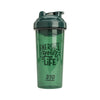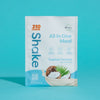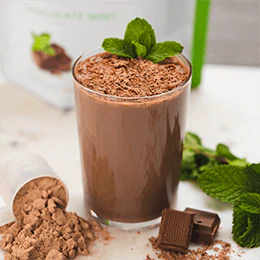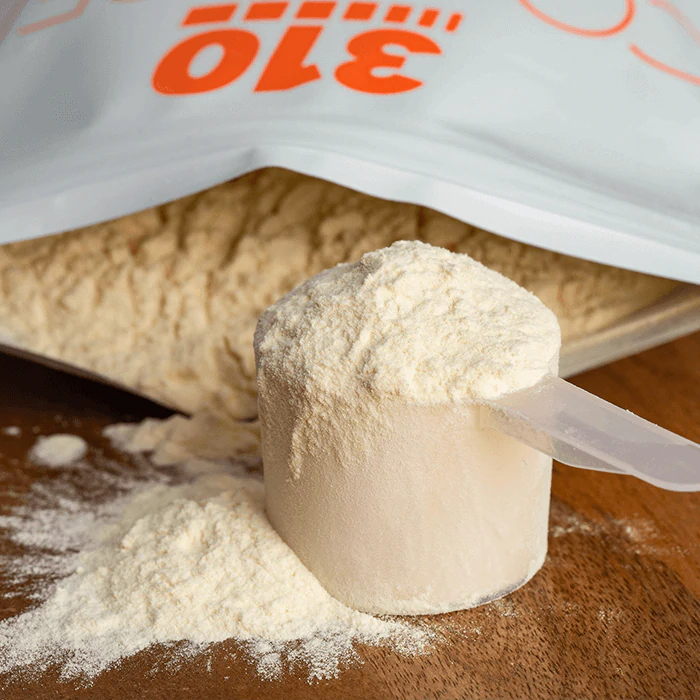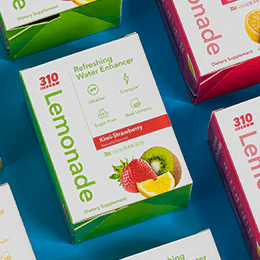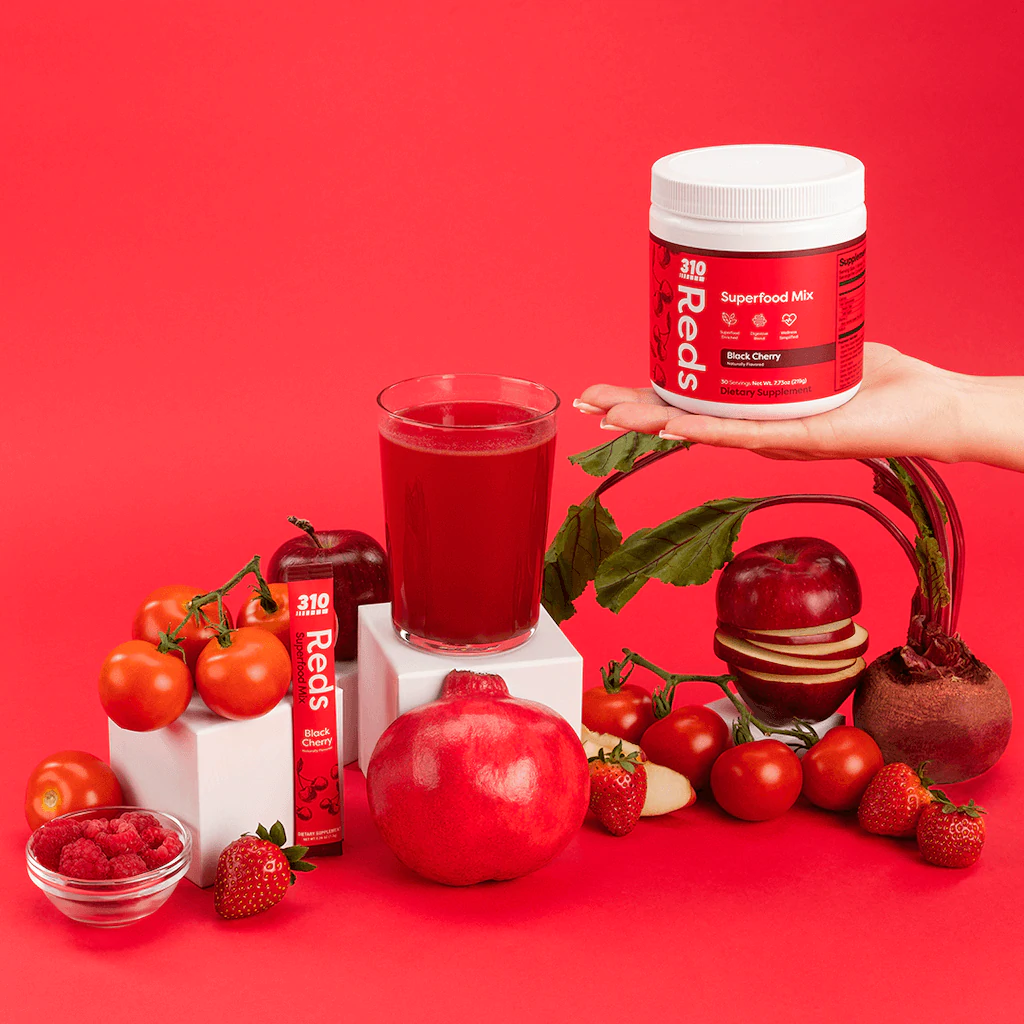Peanut butter has long been a go-to favorite for use on sandwiches, for dipping fruit and veggies, and as a delicious ingredient in organic 310 meal replacement shakes. (So delicious, that we sell peanut butter powder as a booster).
Recently however, a whole crop of different nut and seed butters have sprung up giving people alternatives to peanut butter. Nuts and seeds in general are really good for your health, often providing an excellent source of healthy fats and an easy way to add more protein to a snack.
Here’s a guide to the nut butters you’re likely to see on your supermarket shelf. Plus, 310 recipes to try with them!
1) Almond Butter

Image: Whole Foods Market
Benefits: This is one of the best butters for your diet. It’s got more healthy monosaturated fat1 than peanut butter with fewer calories and a similar amount of protein. Plus, almonds have more fiber2 than most other nuts. Almonds, one of the most nutritious nuts3, are also high in riboflavin, magnesium, manganese, and lots of vitamin E.Beware: Watch for brands that add sugar or hydrogenated oil. Opt for a jar made with just almonds.
2) Cashew Butter

Image: Whole Foods Market
Benefits: Rich, smooth, creamy – this butter is a delicious treat! High in iron, phosphorus, magnesium, calcium, and copper, cashews can also lower triglyceride levels4.
Beware: For the nutrition, you are getting more calories and fat, so eat sparingly.
3) Macadamia Nut Butter

Image: Wilderness Poets
Benefits: These nuts have the highest amount of healthy monounsaturated fats of any other nut4.
Beware: Even though it’s good fat, macadamia nut butter is still really high in fat so should be eaten sparingly.
4) Walnut Butter

Image: Artisana Organics
Benefits: Walnuts are well-known as the best vegetarian source of omega-3 fatty acids, which makes walnut butter an excellent alternative. These fatty acids affect the hormone leptin2, which tells our bodies we’ve had enough food.
Beware: Walnut butter is lower in protein than other options, and can be harder to find. You might need to look at a health food store. This nut butter has a tendency to go rancid quickly, so be sure to store it in a cool, dry place.
5) Hazelnut Butter

Image: Dastony
Benefits: Also known as filberts, hazelnuts are a delicious way4 to get copper, manganese, vitamin E, fiber, and protein.
Beware: While still a good source of plant protein, hazelnuts contain less of this nutrient than other nuts.
6) Pecan Butter

Image: Barefoot Provisions
Benefits: High in fiber, pecans also bring a range of nutrients to your diet ranging from vitamins A, B, and E to fiber to potassium.
Beware: Slightly higher in fat content than peanut butter, save this nut butter for a treat rather than an every day addition.
7) Brazil Nut Butter

Image: Vor Foods
Benefits: The reason you might want to seek this nut butter out is the selenium content in brazil nuts. This mineral is important in supporting your immune system.
Beware: It’ll be hard to find, so check online or a specialty health food store first.
8) Pistachio Butter

Image: Wilderness Poets
Benefits: Higher in protein than some other nuts, pistachios have a ton of fiber and have even been connected with supporting your body’s immune system4 by boosting antioxidants. They are also a good source of copper5, which is important for your body to metabolize iron.
Beware: It might be hard to find; check your health food store or online.
9) Sesame Tahini

Image: Woodstock Foods
Benefits: A unique flavor, sesame butter (tahini) has an excellent nutritional profile1 including fiber, calcium, iron, and magnesium. Studies have shown5 sesame seeds can significantly lower cholesterol.
Beware: Unsweetened, the taste might throw you off when you’re expecting the natural sweetness of nut butters. Also, some research1 shows an overlap between sesame and peanut allergies.
10) Sunflower Butter

Image: 88 Acres
Benefits: Another good choice for those with allergies to tree nuts, sunflower seed butter offers fiber, vitamin E, selenium, folic acid, protein, and magnesium. Some studies3 have even shown sunflower butter to reduce risk of cancer and heart disease.
Beware: Sunflower butters are very often sweetened, so just make sure to read the ingredient label before buying to check for added sugar.
11) Pumpkin Seed Butter

Benefits: A surprising superfood, pumpkin seeds have protein, fiber, and beta-carotene. In fact, pumpkin seed butter has more protein than peanut butter4! These seeds are an exceptional source of zinc5; two tablespoons of pumpkin seed butter gets you about 1/3 of the daily recommended amount!
Beware: To be completely honest, we couldn't find anything concerning about pumpkin seed butter! The more the merrier, and just in time for the holidays, too.
Ready to give your meal replacement shakes or treats a boost of tasty plant-based protein? Use your new nut or seed butter in any of our customer favorite recipes:
- Chocolate Peanut Butter Keto Shake Recipe
- No Bake Healthy Chocolate Shake Recipe
- Protein Powder Overnight Oats Recipe
- PB Chocoana Shake Recipe
- Peanut Butter Cacao Cookies
Sources:
- http://www.everydayhealth.com/diet-and-nutrition-pictures/the-best-and-worst-nut-butters.aspx#02
- http://www.fitnessmagazine.com/recipes/healthy-eating/superfoods/nut-butters/?page=1
- http://www.eatthis.com/16-best-nut-butters
- http://greatist.com/health/healthy-alternatives-peanut-butter
- http://www.livestrong.com/slideshow/1011171-13-types-nut-seed-butters-benefits/#slide=13

